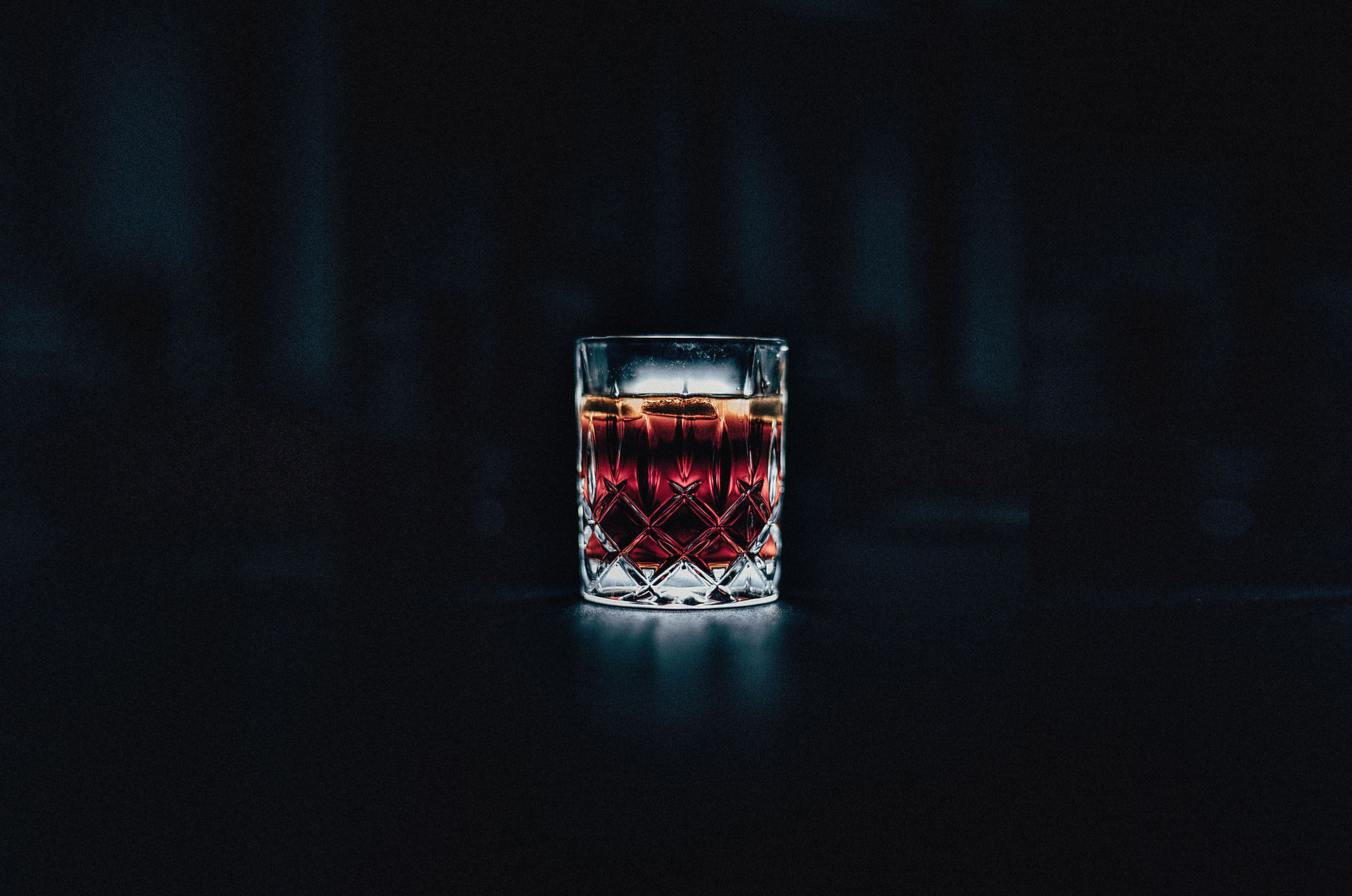Quality Sleep 101 - How to Quickly Fall Asleep
- sujonodamario

- Jul 6, 2021
- 2 min read
Spending more time trying to fall asleep rather than sleeping? You are not alone. Just the act of trying too hard can cause (or continue) a cycle of anxious, nerve-wracking energy that keeps our minds awake. And if your mind cannot sleep, it is difficult for your body to follow.
Some nights falling asleep quickly does not come easy, and tossing, turning, and thinking about not sleeping only makes it worse. Keep in mind that poor sleep can have negative effects on many parts of your body and brain, including learning, memory, mood, emotions, and various biological functions.
When someone is having difficulty falling asleep, one solution is to take medications that induce sleep. However, such medications are not an ideal long-term solution. Certain natural methods — such as having a consistent bedtime routine, avoiding screens before bedtime, reading before bed, doing gentle exercise during the day, and practicing certain mindfulness techniques — can help. Different things work for different people, so take some time to experiment to find what works.
Lower the temperature
If your room is too warm, you might have a hard time falling asleep. Setting your thermostat to a cool temperature. Individual preferences will vary, so find the temperature that works best for you. Taking a warm bath or shower could also help speed up the body’s temperature changes. As your body cools down afterward, this can send a signal to your brain to go to sleep.
Get a mattress of the right firmness
There is no “one size fits all” for mattress firmness. Different people, depending on sleep position, activity level, body mechanics, age, and other factors will sleep better on different levels of firmness or softness of a mattress. If you want to get the best night’s rest, the best mattress is the one that matches your body type and sleep style.
Go, caveman
At one point in time, before the advent of smartphones, nights used to be dark and cold. And surprise, modern science finds that both cool temperatures and complete darkness are ideal for sleep. According to circadian and sleep researcher Dr Jade Wu, Ph.D. of Duke University, artificial lighting, and light from electronics can disrupt our biological clocks and tamper with our sleep quality.
So, set up your bedroom like a prehistoric sleep cave. No television, laptops, tablets, or smartphones should be on when it is time to sleep. Use blackout shades or an eye mask if your room cannot achieve total darkness, or if your wake-up time is well past sunrise.
Sleep train and try to create a consistent sleeping pattern
Going to bed at different times every night is a common habit for many people. However, these irregular sleeping patterns could interfere with sleep because they interrupt the body’s circadian rhythm. This is heavily influenced by a biological clock that releases hormones to induce sleep or wakefulness. Going to bed at the same time every night helps the body clock predict when to induce sleep.
Try counting.
A longstanding method of inducing sleep is counting down slowly from 100. There are several ideas about why this may work, including boredom and distracting the individual from anxious thoughts.




Comments